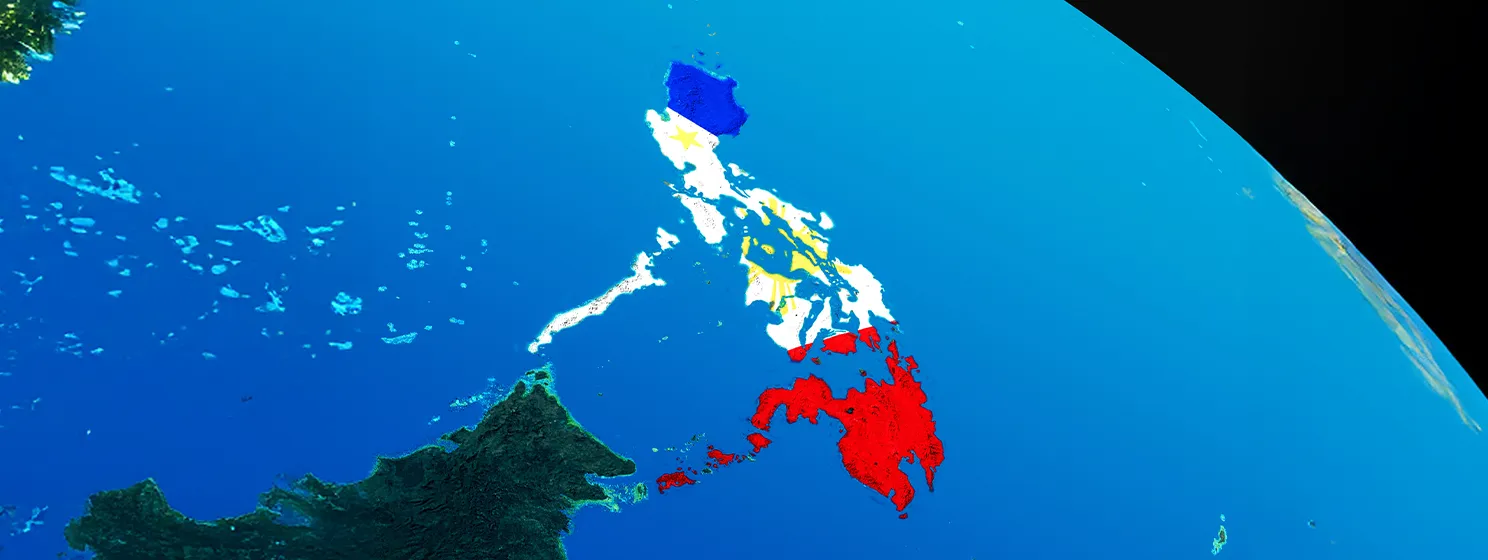|
Getting your Trinity Audio player ready...
|
As the world watches Australia explore blockchain technology for its national digital ID system, a revolution in Web3 development is brewing much closer to home. With its abundant tech talent and rapidly evolving startup ecosystem, the Philippines is positioning itself as the next big player in blockchain-driven solutions. The ICP Hub Philippines is leading this charge, which recently launched the sixth edition of the iThink Hackathon during Philippine Startup Week 2024.
This flagship event aims to empower Filipino innovators to develop impactful projects that address pressing societal and global challenges.
“The iThink Hackathon, as a key event of this year’s Philippine Startup Week, aims to inspire young Filipinos to innovate and create solutions that can shape the future of our communities and beyond,” said Nelson Lumbres, co-founder of ISLA Camp (ICP Hub Philippines).
Building a Web3-driven future
The hackathon not only fosters innovation but also serves as a stepping stone for participants aiming to create transformative blockchain applications. In an exclusive interview with CoinGeek, Lumbres highlighted how the event showcases the Philippines’ potential to thrive in Web3 development.
“Every time we do an iThink Hackathon, we have the backing of investors. But the challenge is to help these projects mature and become investment-ready through incubation programs,” he said.
These initiatives are crucial in a world where blockchain adoption is gaining momentum. Australia, for instance, is exploring blockchain to implement a digital identity system to secure online interactions and prevent minors from accessing social media. The potential for similar advancements in the Philippines is massive, especially in finance, governance, and education sectors.
“Blockchain is inevitable,” Lumbres said. “Whether for finance, digital identity, or other sectors, its adoption will happen—just like it’s starting to in Australia. The question is not ‘if’ but ‘how soon.’
Learning from Vietnam’s playbook
Lumbres emphasized that the Philippines can draw valuable lessons from Vietnam’s proactive approach to cultivating its tech ecosystem. “Vietnam made a conscious effort to push their startups onto the global stage before the last bull run,” he noted. “They were deliberate about nurturing founders and projects, which attracted investors and elevated their reputation worldwide. If we can do the same here, it would be a game-changer.”
As Lumbres pointed out, collaboration between the private sector, academia, and the government is key. “We need government intervention to upskill developers and support entrepreneurs. With proper guidance and recognition, we can turn small ideas into global solutions,” he said.
Challenges and opportunities for Filipino startups
Despite its potential, the Philippine Web3 ecosystem faces challenges. Many Filipino founders struggle with funding, scalability, and long-term vision. “What happens often is that founders build a project, but when funding runs out, they stop,” Lumbres explained. “This is why we need serial entrepreneurs—those who fail, learn, and keep going.”
He also pointed out the tendency of Filipino tech talent to excel as workers but not as founders. “We’re known globally for our UI and UX skills, but not as builders of products or companies. This needs to change,” he said.
Lumbres believes initiatives like the iThink Hackathon can help bridge this gap. “Our objective is to educate, incubate, and accelerate. For those with projects, startups interested in Web3, just come to us—we’ll take care of you,” he stated.
Showcasing Filipino talent
The hackathon has seen groundbreaking projects such as Waste2Earn, a platform that turns waste into monetary rewards, and Happ3n, a decentralized social platform. These initiatives demonstrate how Filipino startups are tackling real-world problems with innovative solutions.
But the journey doesn’t end with the hackathon. Lumbres shared that the ICP Hub Philippines is launching an incubation program in 2025 to ensure that these ideas evolve into scalable, impactful ventures.
“We have a platform called Olympus, which connects projects to investors. It’s an opportunity to showcase Filipino talent on a global stage,” he said.
A call to action
As blockchain adoption accelerates worldwide, the Philippines is positioning itself to become a hub for Web3 innovation. Lumbres is optimistic about the country’s future. “I am confident that if investors see a project from the Philippines solving a real-world problem using blockchain, they will want to invest,” he said.
He called on Filipino developers and startups to seize the moment: “We have the talent and the ideas. What we need is the mindset to build for the long term and the support to scale our innovations globally.”
With initiatives like the iThink Hackathon and the incubation program, the ICP Hub Philippines is paving the way for Filipino startups to innovate and play a significant role in the Web3 era. The message is clear: the time to build is now.
Watch: How can Philippine startups unlock Web3? Experts weigh in

 07-06-2025
07-06-2025 





